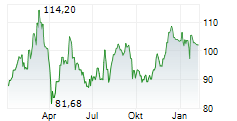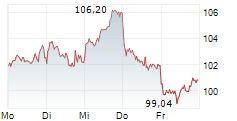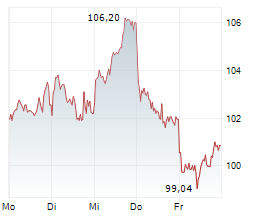
Volkswagen faces significant market pressure following the announcement of new tariffs on imports from Mexico, Canada, and China. The German automaker's heavy reliance on its North American operations, particularly its Puebla facility in Mexico which produces 350,000 vehicles annually, makes it especially vulnerable to these trade restrictions. The proposed 25% tariff could severely impact the competitiveness of key models like Jetta, Tiguan, and Taos in the US market, with analysts suggesting that nearly two-thirds of Volkswagen's US-sold vehicles could become commercially unviable. The situation is further complicated by the company's planned battery factory investment in Ontario, valued at 7 billion Canadian dollars.
Strategic Challenges Mount
The tariff concerns emerge amid broader challenges for the automotive giant, including a significant restructuring initiative aimed at eliminating over 35,000 positions to enhance competitiveness against Chinese rivals. The company's performance in China, the world's largest automotive market, has deteriorated notably, with declining sales figures highlighting the urgency for strategic realignment. These compounding factors have contributed to mounting pressure on the company's market position and future outlook.
Ad
Volkswagen Stock: New Analysis - 02 FebruaryFresh Volkswagen information released. What's the impact for investors? Our latest independent report examines recent figures and market trends.
Read our updated Volkswagen analysis...



